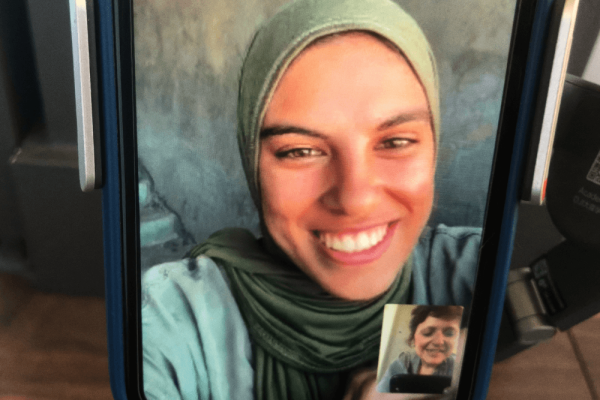Nov 14, 2025
In early 2024, filmmaker Sepideh Farsi felt compelled to document life in Gaza. Ultimately, she couldn’t gain access to the Strip, but she connected with a photographer who’d lived all 25 years of her life there: Fatma Hassona.
The documentary Put Your Soul On Your Hand and Walk is almost entirely composed of their monthslong correspondence. Farsi weaves Hassona’s portraits of an increasingly battered Gaza between a steady exchange of audio messages, spotty video calls, and text messages.
Read the Full Article

Already a subscriber? Login
